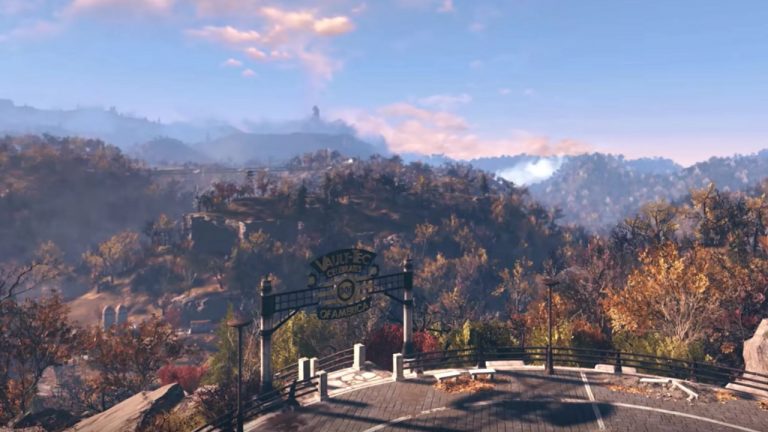


Ray Charles’ 1972 cover is infused with his characteristic soul, and Jamaica’s Toots and the Maytals gave the song a reggae spin, changing its lyrics from “West Virginia” to “West Jamaica.” However, since the 2000s, the song has been subject to increased experimentation, with The Netherlands’ Hermes House Band releasing an English dance mix of the song in 2001, and Bangladesh’s Authorhin producing a rock cover in Bengali (“Metho path”) in 2005. In addition to its rich linguistic diversity, “Country Roads” has also been a favorite for artists looking to bend genres. Whisper of the Heart brought “Country Roads” new life in Japan and, through international distribution, brought a new version of the song to audiences around the world.Ī cover of the Japanese version of “Country Roads” by Goose House “Country Roads” plays an integral role in Whisper of the Heart’s plot, with one of its main characters singing a humorous Japanese version (“Concrete Road”) about her hometown in urban Tokyo. Two decades after its initial release, “Country Roads” received another international boost through its inclusion in the 1995 film Whisper of the Heart by Studio Ghibli, a globally renowned Japanese animation studio. By contrast, in his 1977 cover, Israeli singer Hanan Yovel retained the English words “West Virginia” and “country roads” even as he translated the rest of the song into Hebrew. On one end of the spectrum, French singer Dick Rivers’ 1977 cover (“Faire un Pont”) completely changed the song’s lyrics, removing all mention of “country roads” in favor of rustic village imagery. Give it a listen.Ī major decision global musicians faced in adapting “Country Roads” was how much they should change its original lyrics to fit their home countries. A standout from this period is Tapio Heinonen’s mournful Finnish cover “Vanha Tie” (1974). Despite the Cold War, even Eastern European countries took to the song, with Slovenian, Czech, and Romanian artists producing versions that remain popular to this day. Music acts around the world quickly sought to capitalize on this success, with German, French, Danish, Italian, Dutch, Greek, and even Hindi versions hitting the market within a decade. By August 1971, “Country Roads” was certified gold for shipping over a million copies. “Country Roads” was a hit almost from the moment it premiered, with the song receiving a five-minute standing ovation following its first public performance in December 1970.


And while Mountaineers might like to think they have pride of place in loving the song, a review of the passionate response it’s received around the world shows they shouldn’t take that place for granted. Since its release almost 50 years ago, “Country Roads” has become a global sensation: more than 150 artists have covered the song in at least 19 languages. It’s less a song and more a cultural phenomenon. Via Flickr.Īs any native of the Mountain State can attest, West Virginians really love John Denver’s classic song “Take Me Home, Country Roads.” Fans sing it after every West Virginia University football game, the state has included the song’s lyrics in its official slogan, and (as this author can attest) natives compulsively belt its chorus whenever driving across the state line. Caricature of John Denver for a Detroit area radio station.


 0 kommentar(er)
0 kommentar(er)
